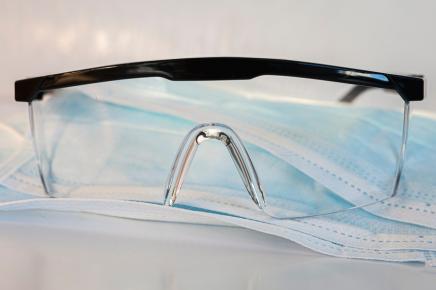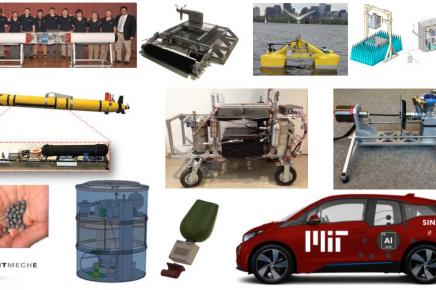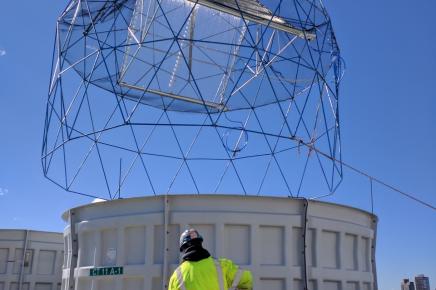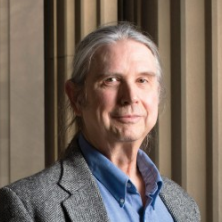In 2020, the Incubator Fund began supporting an interdisciplinary research team seeking to identify sustainable procurement and sourcing strategies for PPE for the campus and beyond. The challenge the team faces is common: In times of crisis, cost and speed of procurement take precedence over the environmental and human health impacts of essential items like PPE. With their forthcoming strategy suggestions, the team hopes to change that.
The Campus Sustainability Incubator Fund seeks to enable MIT community members to use the MIT campus as a test bed for research in sustainable operations, management and design. The seed funds enable teams of students, faculty, and researchers to explore the physical facility and social context in which they are working, living and learning at MIT. The fund was made possible through a generous gift from Malcom M. Strandberg. Join us in solving for a low carbon future, high performance building design, resilient ecosystems, zero waste and other relevant challenges. Currently we are unable to support new work through the Sustainability Incubator Fund as work to rebuild the funding to support future projects. Check this page for updates or email us at sustainablemit@mit.edu with any questions.
Those interested in donating to the Sustainability Incubator Fund can do so here.







